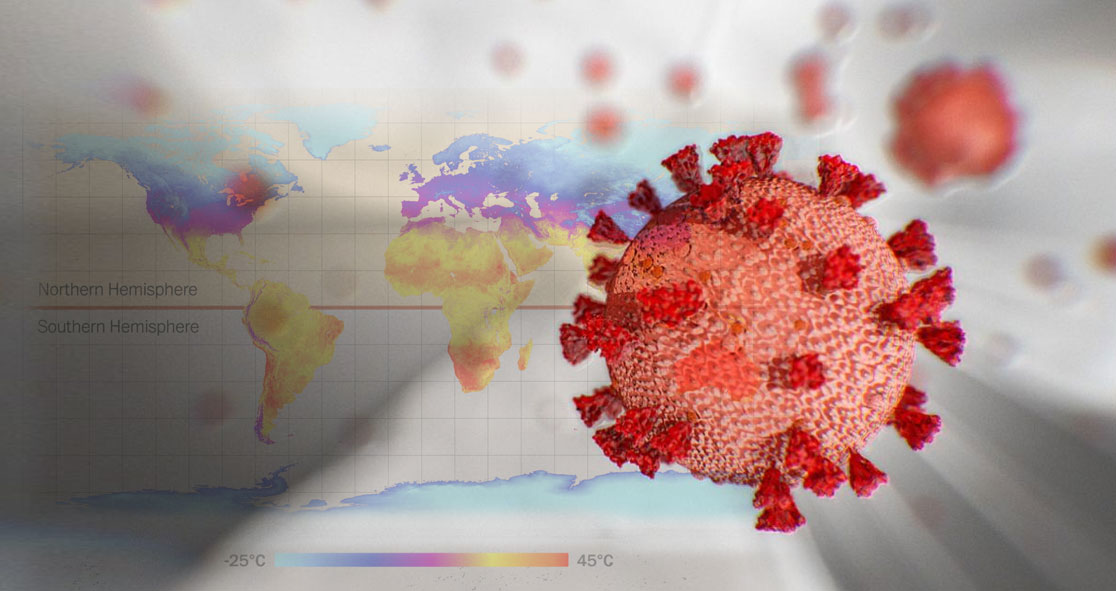A new study, published in Frontiers in Public Health, has suggested that COVID-19, the disease caused by the new coronavirus (SARS-CoV-2), is more likely to follow suit and become seasonal in nations with temperate climates, but only when herd immunity is attained.
And until that time, coronavirus will continue to spread and circulate across the seasons, suggesting the need for public health measures to control the virus.
Senior study author Dr. Hassan Zaraket of the American University of Beirut in Lebanon warned, “COVID-19 is here to stay and it will continue to cause outbreaks year-round until herd immunity is achieved. Therefore, the public will need to learn to live with it and continue practicing the best prevention measures, including wearing masks, physical distancing, hand hygiene, and avoidance of gatherings.”
Coauthor Dr. Hadi Yassine of Qatar University in Doha agreed and said that there could be multiple waves of COVID-19 infection before herd immunity is achieved.
Many respiratory viruses, including flu, follow seasonal patterns, especially in temperate regions. For instance, flu that causes the common cold is known to peak in winter in temperate regions but circulates seasonally in tropical regions.
The authors analyzed the seasonal viruses and examined the viral and host factors that control their seasonality. They also examined the latest knowledge on the stability and transmission of COVID-19.
The study researchers explained that “virus survival in the air and on surfaces, people’s susceptibility to infections and human behaviors like indoor crowding, differ across the seasons due to changes in temperature and humidity.” These factors are responsible for the transmission of respiratory viruses at different times of the year.
However, COVID-19 has a much higher rate of transmission than influenza and the factors influencing the seasonality of viruses cannot halt the spread of COVID-19 in the summer months.
Nevertheless, if herd immunity is attained through natural infections and vaccinations, the rate of transmission should drop substantially, making the coronavirus more susceptible to seasonal factors.
Dr. Zaraket explained, “This remains a novel virus and despite the fast-growing body of science about it there are still things that are unknown. Whether our predictions hold true or not remains to be seen in the future. But we think it’s highly likely, given what we know so far, COVID-19 will eventually become seasonal, like other coronaviruses.” “The highest global COVID-19 infection rate per capita was recorded in the Gulf states, regardless of the hot summer season,” Dr. Yassine said. “Although this is majorly attributed to the rapid virus spread in closed communities, it affirms the need for rigorous control measures to limit virus spread, until herd immunity is achieved.”























